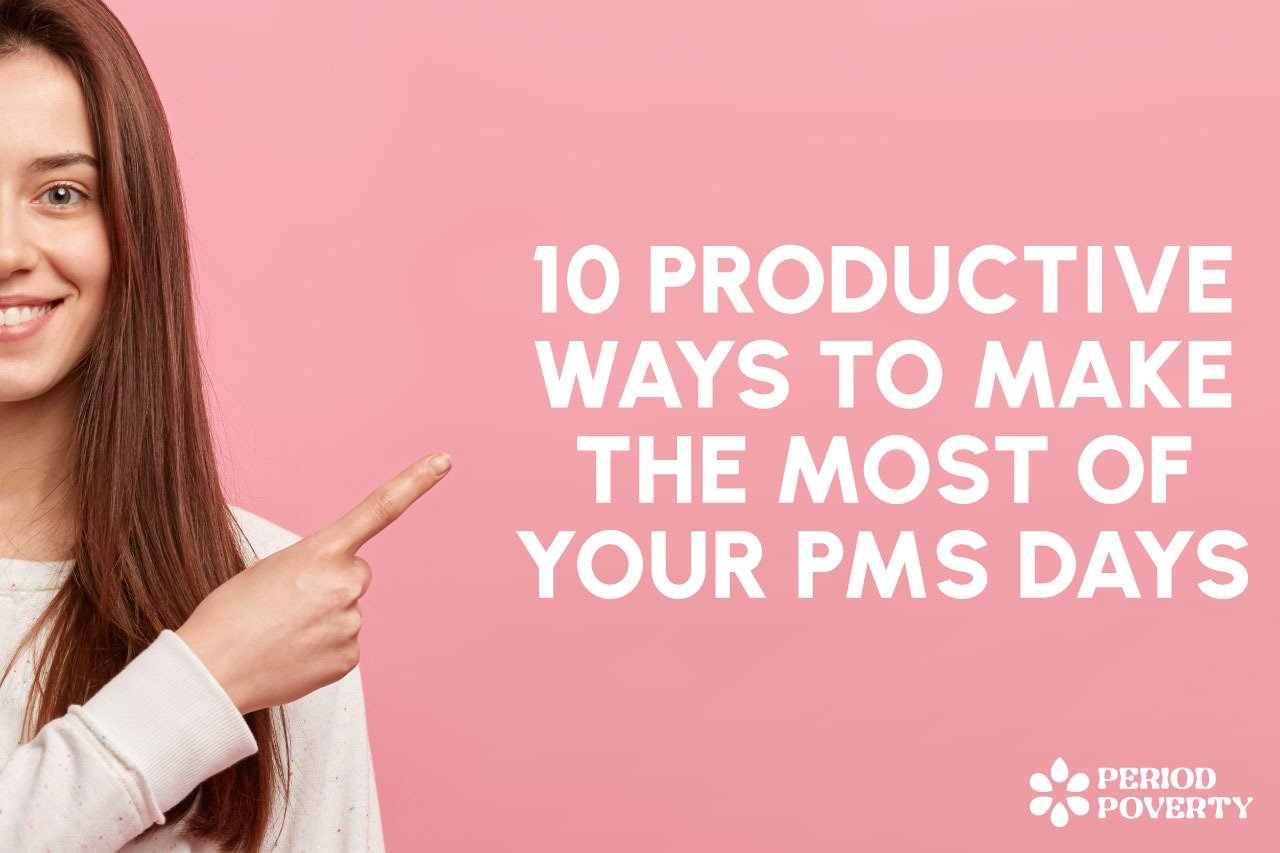The menstrual cycle is a natural process that occurs in a woman’s body, typically lasting between 28 and 32 days. During this time, the uterus prepares for a possible pregnancy, and if conception does not occur, the lining of the uterus is shed, resulting in a menstrual period. Stress is a common factor that can affect a woman’s menstrual cycle. Stress can be defined as any physical or emotional factor that causes tension in the body. Stress can come from various sources, such as work, relationships, financial pressures, or health issues. When the body is under stress, it responds by producing a hormone called cortisol. Cortisol is often referred to as the “stress hormone,” and it plays a crucial role in the body’s response to stress.
It is important to note that stress affects each woman’s menstrual cycle differently, and some women may not experience any changes at all. Additionally, other factors such as age, weight, and overall health can also impact the menstrual cycle. If a woman is concerned about how stress is affecting her menstrual cycle, she should speak with her healthcare provider for further evaluation and treatment. All of these physiological changes can affect the menstrual cycle by disrupting the balance of hormones in the body, such as estrogen and progesterone. Hormonal imbalances can cause irregular periods, missed periods, painful periods, heavy periods, and worsened premenstrual syndrome (PMS) symptoms. Additionally, chronic stress can also affect overall reproductive health, including fertility and sexual function.
Impact of stress on menstrual cycle
Stress can impact the menstrual cycle in a variety of ways. The effects of stress can vary from woman to woman, and it depends on how the body reacts to stress. Here are some common ways in which stress can affect the menstrual cycle:
- Irregular periods:
Stress can cause irregular periods, which means that a woman’s menstrual cycle may be longer or shorter than usual. Stress can disrupt the balance of hormones in the body, such as estrogen and progesterone, which play a crucial role in regulating the menstrual cycle. When these hormones are imbalanced, it can cause irregular periods.
- Missed periods:
Stress can also cause missed periods, which means that a woman may skip a menstrual cycle. This can happen when the body is under significant stress, and it can cause anxiety and worry for women who are trying to conceive. It is important to note that missed periods can also be a sign of pregnancy or other health issues, so it is important to speak with a healthcare provider if a woman misses a menstrual cycle.
- Painful periods:
Stress can cause painful periods, also known as dysmenorrhea. When the body is under stress, it can cause tension in the muscles, including the muscles in the uterus. This tension can cause cramping and pain during menstruation. Women who experience painful periods may benefit from relaxation techniques such as yoga, deep breathing, or meditation.
- Heavy periods:
Stress can also cause heavy periods, which means that a woman may experience more blood flow than usual during menstruation. Heavy periods can be caused by an imbalance of hormones, such as estrogen and progesterone. When these hormones are imbalanced, it can cause the lining of the uterus to become thicker, resulting in heavier periods.
- Premenstrual syndrome (PMS):
Premenstrual syndrome (PMS) is a collection of physical and emotional symptoms that many women experience in the days leading up to their period. Stress can worsen PMS symptoms by disrupting the delicate hormonal balance in the body. When a woman is stressed, the body releases the hormone cortisol, which can interfere with the production and balance of other hormones in the body, including those involved in regulating the menstrual cycle. This disruption can lead to an increase in the severity and frequency of PMS symptoms.
Impact of stress on reproductive health of women
Stress can have a significant impact on the reproductive health of women. When a woman is stressed, her body releases cortisol and other stress hormones, which can affect the levels of reproductive hormones such as estrogen, progesterone, and luteinizing hormone. This disruption can lead to various reproductive health issues, including:
- Menstrual irregularities: Stress can cause changes in the menstrual cycle, leading to irregular or missed periods.
- Fertility issues: High levels of stress can affect ovulation and reduce a woman’s chances of getting pregnant.
- Pregnancy complications: Stress during pregnancy can increase the risk of complications such as preterm labor, low birth weight, and preeclampsia.
- Sexual dysfunction: Stress can lead to decreased libido, difficulty with arousal and orgasm, and painful intercourse.
- Menopause symptoms: Stress can exacerbate symptoms of menopause such as hot flashes, night sweats, and mood changes.
How to protect yourself from stress?
It is essential for women to manage stress and prioritize their mental and emotional well-being to support their reproductive health. This can include engaging in stress-reducing activities like meditation, yoga, or exercise, seeking support from friends and family, and working with a healthcare professional to address any underlying stress-related health concerns. It’s not always possible to avoid stress altogether, but there are things women can do to manage stress and reduce its impact on their menstrual cycle. Here are some tips:
- Practice relaxation techniques: Relaxation techniques such as deep breathing, meditation, yoga, and progressive muscle relaxation can help reduce stress and promote a sense of calm. Regular practice of these techniques can also help regulate the menstrual cycle.
- Exercise regularly: Regular physical activity can help reduce stress and promote overall health. Exercise can also help regulate the menstrual cycle by reducing cortisol levels and improving hormone balance.
- Get enough sleep: Getting enough is essential for overall health and can help reduce stress. Aim for 7-9 hours of sleep per night.
- Eat a healthy diet: A well-balanced diet that includes whole foods, fruits, and vegetables can help reduce inflammation and promote overall health. Avoiding processed foods, caffeine, and alcohol can also help reduce stress.
- Practice good self-care: Taking time for oneself and engaging in activities that promote relaxation and happiness can help reduce stress. This can include activities like reading, listening to music, spending time with friends and family, and engaging in hobbies.
- Seek support: Talking to friends, family, or a mental health professional can help manage stress and reduce its impact on the menstrual cycle.
Remember, it’s essential to consult with a healthcare provider if you are experiencing significant menstrual irregularities or have concerns about your menstrual cycle.






